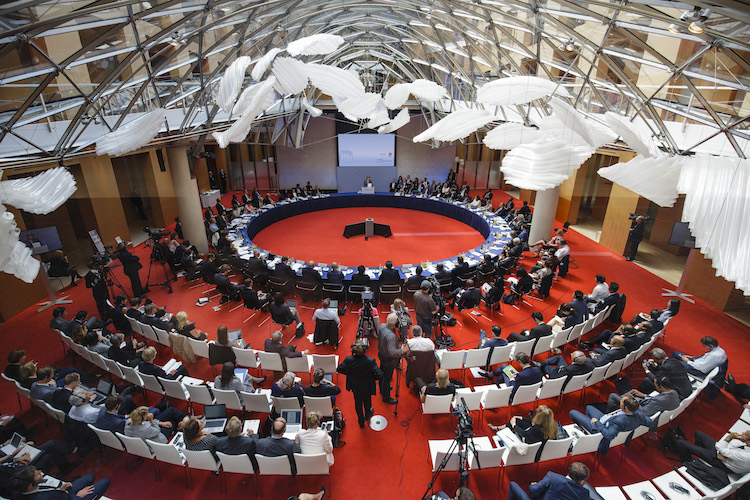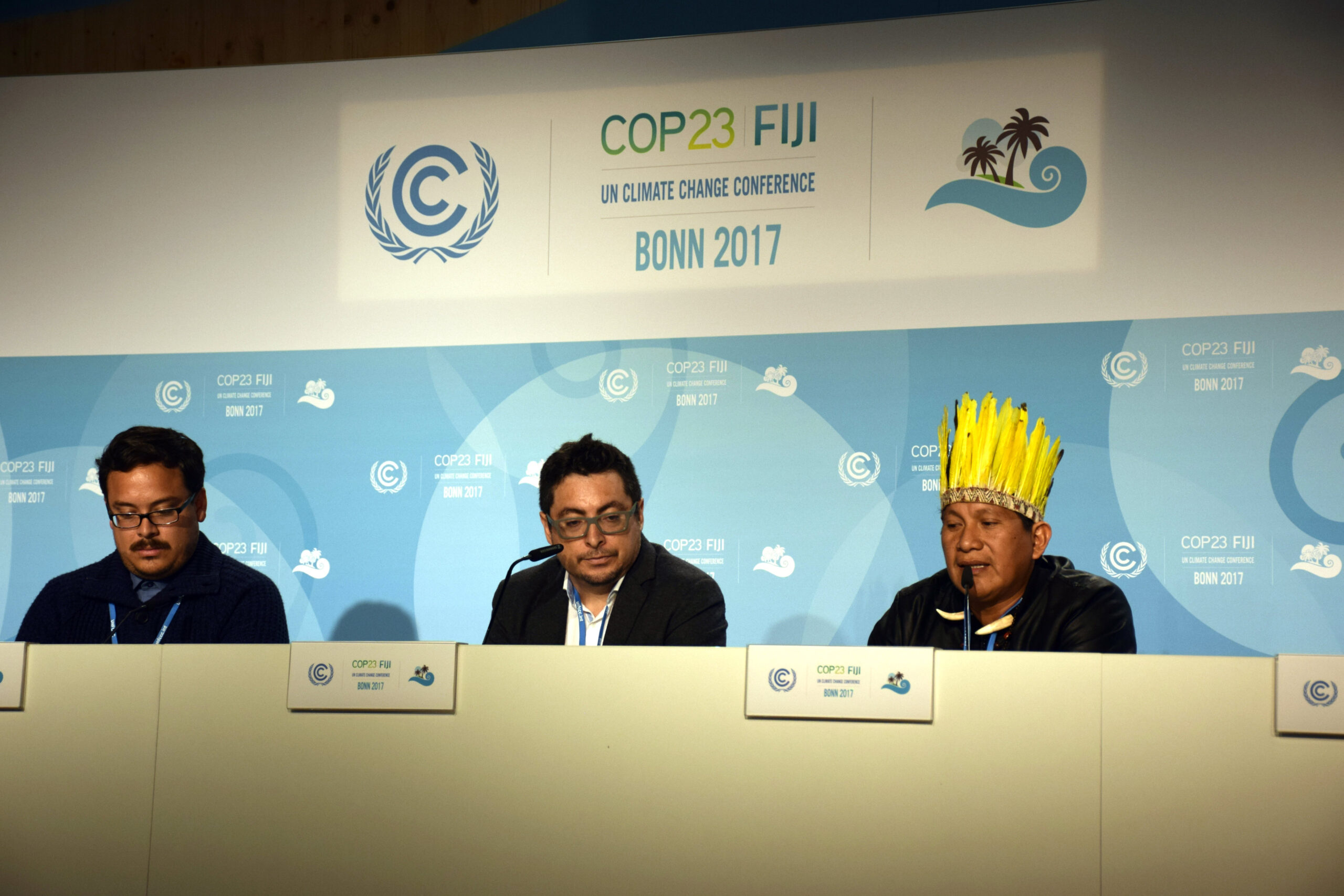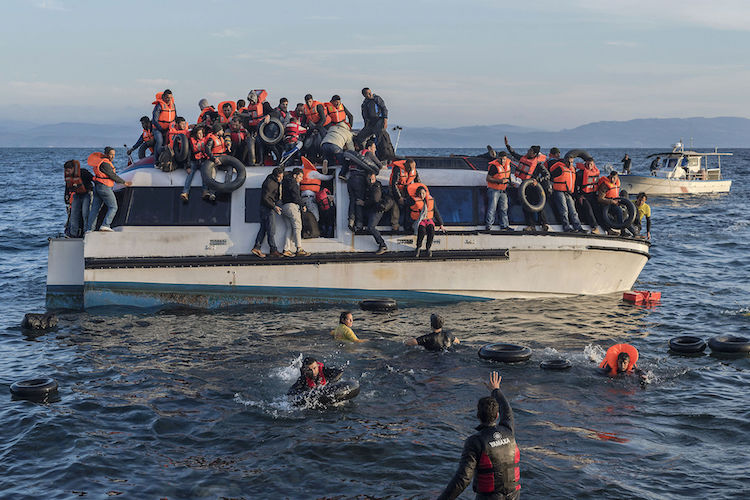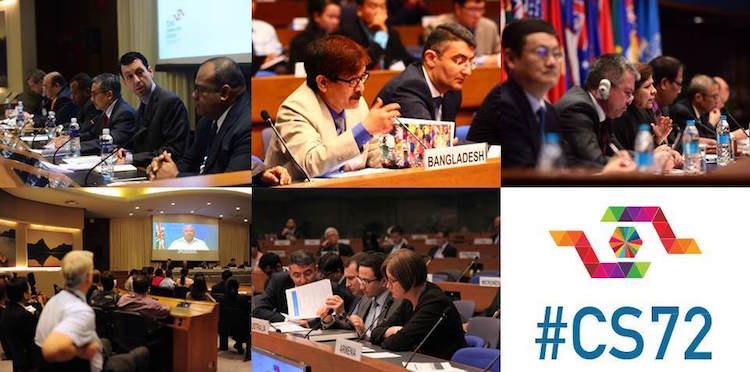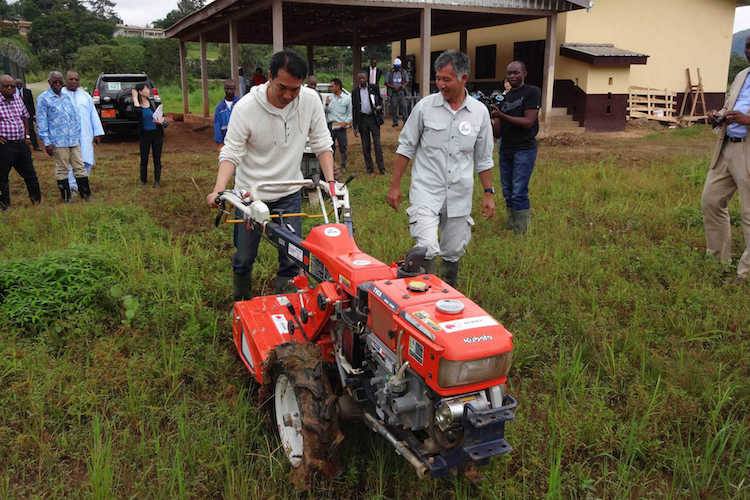
The 2030 Agenda: A Fresh Start Towards Global Sustainability?
Analysis by Jens Martens
Jens Martens wrote this analysis on behalf of the Reflection Group* on the 2030 Agenda for Sustainable Development. It is part of Spotlight on Sustainable Development 2016, a Reflection Group Report.
NEW YORK (INPS | IDN) – The 2030 Agenda for Sustainable Development adopted unanimously at the United Nations by world Heads of States and Governments in September 2015 is highly ambitious. If taken seriously it has the potential to change the prevailing development paradigm by re-emphasizing the multidimensional and interrelated nature of sustainable development and its universal applicability.
The 2030 Agenda offers the opportunity to correct the errors and omissions of the ‘MDG approach’ – an approach that has reduced the development discourse to a focus on the symptoms of extreme poverty and the provision of basic social services in poor countries. While – without doubt – these issues are extremely important, the MDG approach failed to address adequately the structural flaws of






